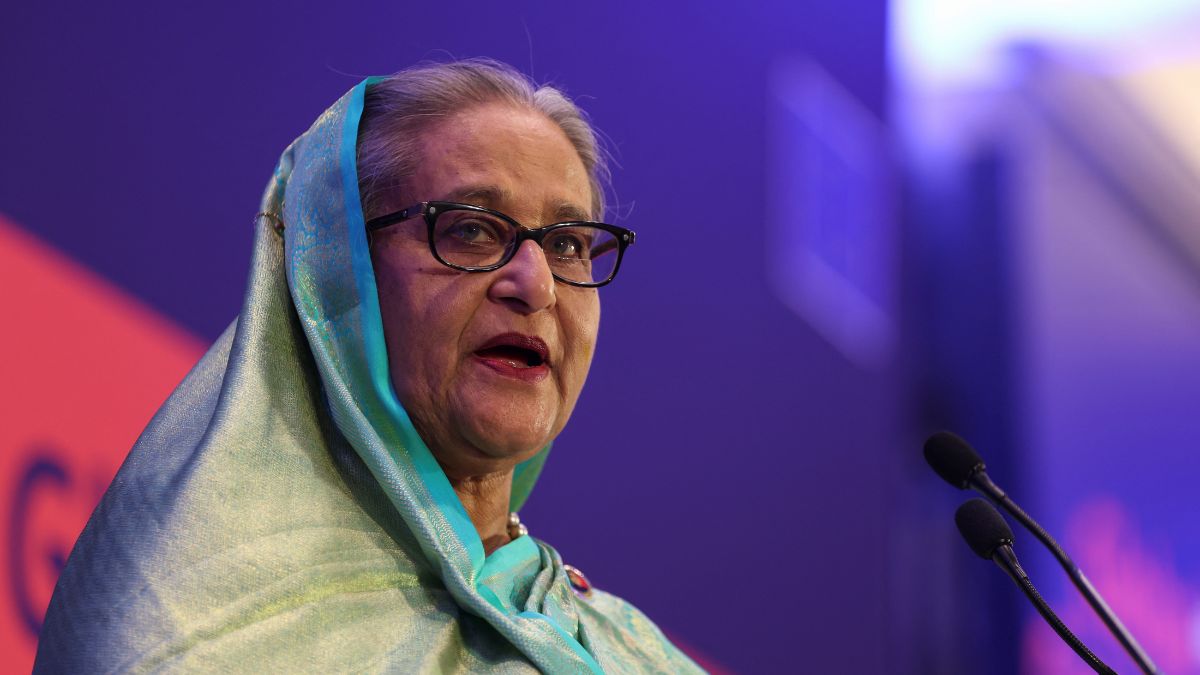In a dramatic twist of history, former Bangladeshi Prime Minister Sheikh Hasina now stands accused of crimes against humanity before the very tribunal she helped establish more than a decade ago to prosecute war criminals of the 1971 Liberation War.
Hasina, who ruled the country for 15 years until her dramatic ouster in August 2024, has been formally charged along with two senior officials for ordering violent crackdowns during last year’s student-led uprising that engulfed the nation.
The irony is profound. The International Crimes Tribunal (ICT), which Hasina launched in 2009 to seek justice for the atrocities committed during the war of independence from Pakistan, is now poised to try her for alleged atrocities against her own people and this time not for wartime collaboration, but for domestic political repression.
According to an investigation submitted on May 12, Hasina is described as the “mastermind, conductor, and superior commander” of the brutal crackdown that swept through the country between July and August 2024. The tribunal’s probe alleges that she directed state forces, the ruling Awami League, and allied groups to launch a systematic campaign of terror against student demonstrators.
The charges include mass killings, injuries, sexual violence, incineration of bodies and the denial of medical care to the wounded. The United Nations has estimated that as many as 1,400 people were killed in the three-week crackdown, a staggering figure that stunned the international community.
Impact Shorts
More ShortsThree days after Hasina fell from power, Nobel laureate Muhammad Yunus took charge as interim prime minister. His administration has since outlawed the Awami League and amended national laws to facilitate legal action against former regime figures, including Hasina.
Adding another layer to the unfolding saga, Yunus has called for Hasina’s trial to be broadcast live, a move critic say is aimed less at justice and more at cementing political legitimacy. His government insists the trial will expose the magnitude of state-sponsored atrocities; however, the Awami League denounces it as a “mock trial in a kangaroo court,” driven by vendetta and political opportunism.
The tribunal that Hasina once championed was itself controversial, frequently accused of serving political ends, particularly in the execution of top leaders of Jamaat-e-Islami and a senior figure from Khaleda Zia’s Bangladesh Nationalist Party. Hasina’s government had long rebuked the court’s ties with Islamist groups. Now, the same court is turning its legal machinery on its founder.
While the charges are grave, their political implications are no less weighty. The trial not only seeks to hold Hasina accountable for the alleged atrocities of 2024 but also threatens to reshape Bangladesh’s political arena. Whether the court delivers justice or reinforces political theatre, the spectacle of Hasina once prosecutor now defendant highlights a grim paradox in the country’s turbulent march toward accountability.


)

)
)
)
)
)
)
)
)



